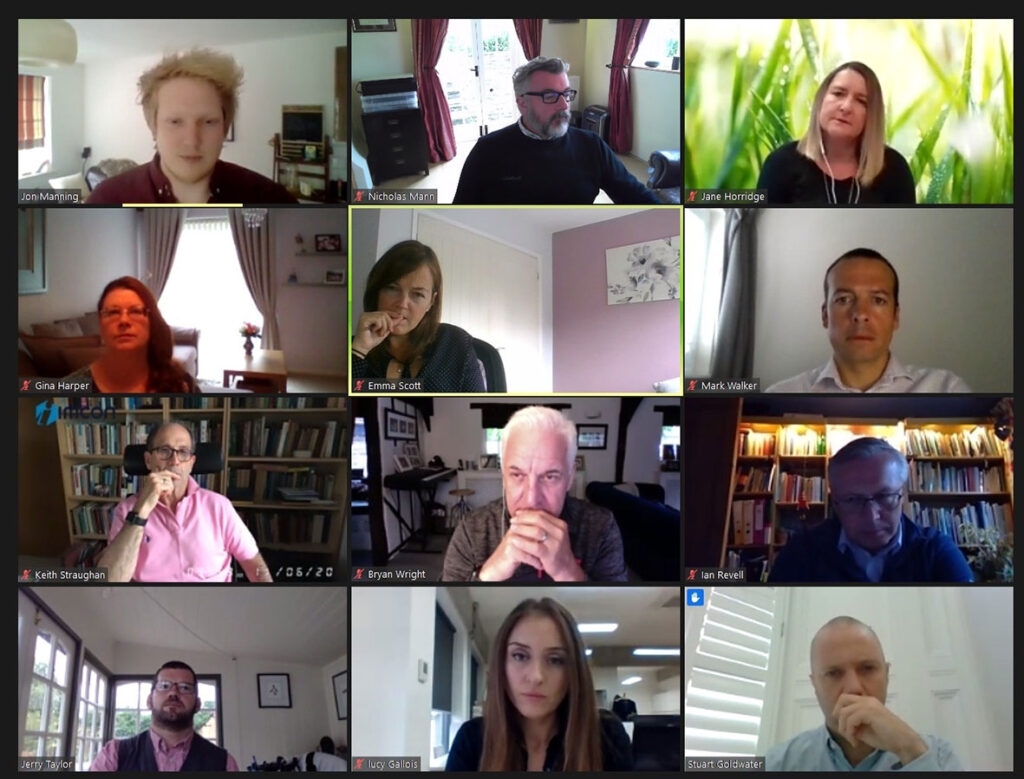Why mental health should top the business agenda as the UK gets back to work
Posted 23rd June 2020
The latest virtual, Milton Keynes Business Leaders Partnership (MKBLP) event touched upon a subject which has resonated highly throughout the Covid-19 crisis and lockdown period – Mental Health.
Guest speaker Jon Manning, CEO of Arthur Ellis: Mental Health Support, incited frank discussions amongst the group of Milton Keynes business leaders during an online event, following his candid account of his own personal experience with mental health.
With mental health highly tipped to be the next pandemic, Jon stressed the need for Milton Keynes businesses to upskill their employees and create Mental Health First Aiders in a bid to mitigate mental health issues as people return to work.
Sharing tips on how business leaders can prudently bring furloughed staff back into the workplace Jon stressed the need for new working routines to be embraced: “Employers have a duty of care to transition the fear that many employees will be feeling into trust. Throughout this period it is vital that while communication is continued, there needs to be an understanding that workers will have changed, and a period of adjustment needs to be factored into the return to work as employees reconnect.”
Pre-Covid, 77% of employees had reportedly experienced some form of mental health issue, with 1 in 6 suffering diagnosable conditions. However, 75% of these will not have been given access to support.
These statistics are set to be exacerbated in the wake of the pandemic and Jon discussed the need for business to not only build in good mental health strategies but to offer training in emotional literacy so employees are not only equipped to deal with their own issues, but to spot the signs in their colleagues.
Driven by the frustration of not receiving adequate support during his experience led Jon to form Arthur Ellis, named after his grandfather, a schizophrenic who spent the majority of his adulthood institutionalised due to the lack of understanding surrounding his diagnosis: “Our aim is to change people’s experience.”
While mental health has certainly moved up the political agenda over the last 10 years, Jon cites the 4,000 young people within Milton Keynes who have a diagnosable mental health disorder but face a potential wait of a decade to receive vital support. Working with companies to improve their mental health strategies has equipped Jon and his team with the funds to support this generation and they are now currently providing support to 200 youngsters across the city: “The revenue stream derived from the work we are doing with corporates is enabling us to drive down the time it takes for people to gain access to mental health support to just two days.”
